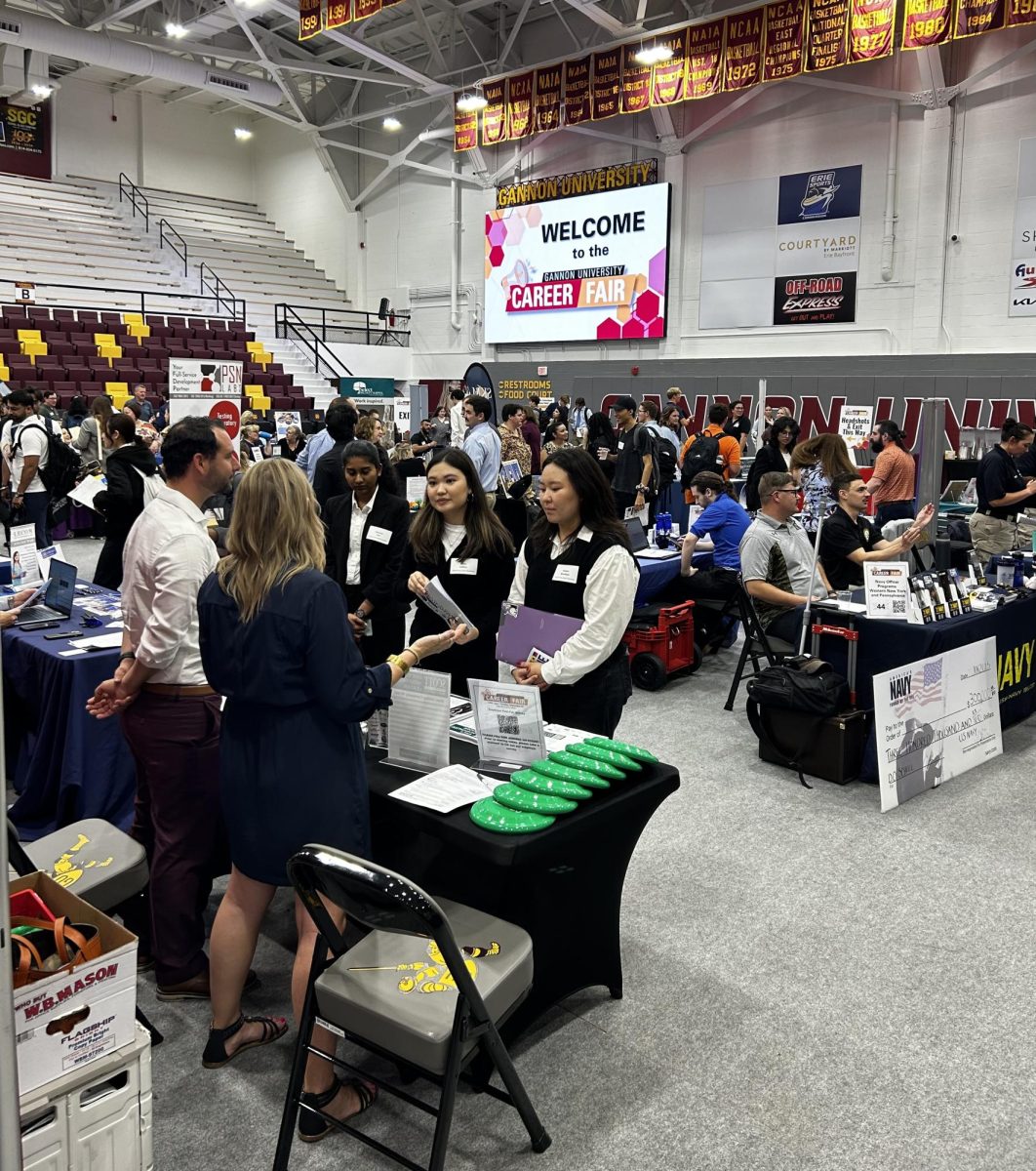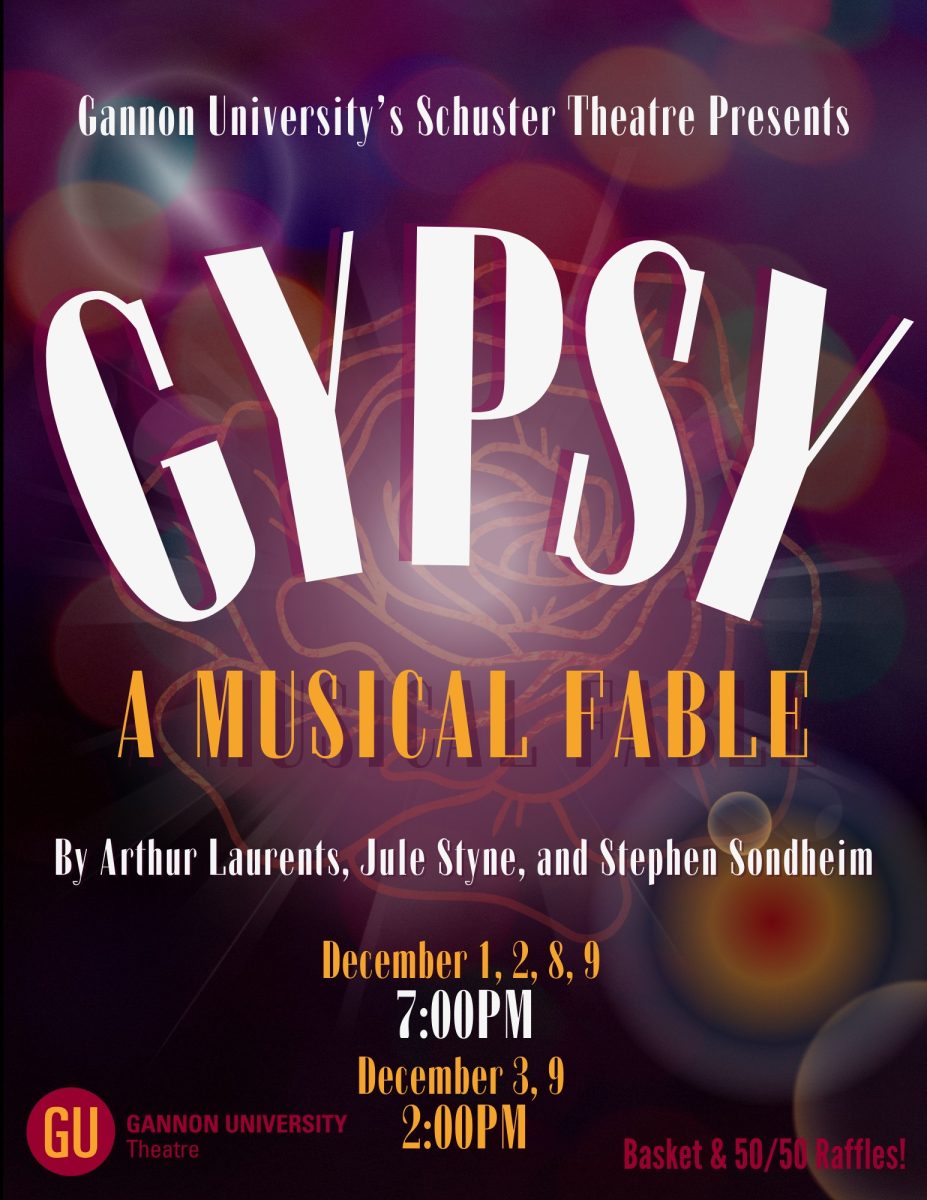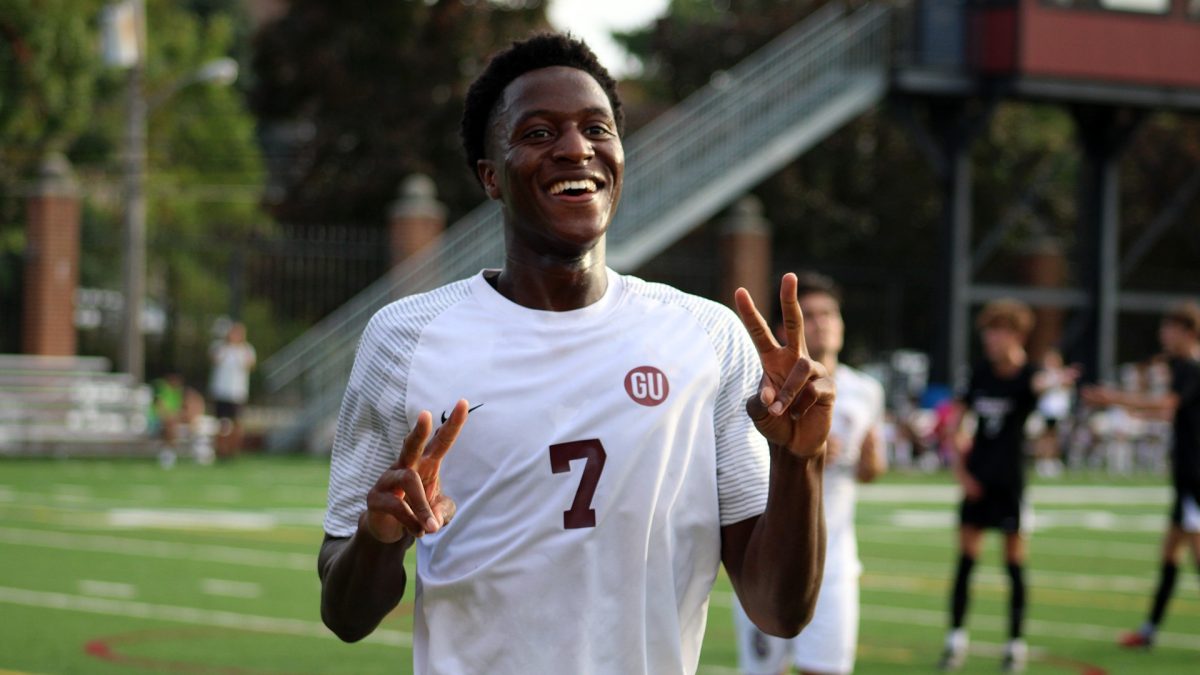Gannon University’s former divisions of the Math and Tutoring Centers have combined to form the STEM Center, which has just opened for the 2015-2016 school year.
STEM stands for science, technology, engineering and mathematics. Gannon saw a need to create a more consolidated student help center because for the past few years, those are the areas the center has been dealing with.
Adam Nogaj, former director of the Math Center and current director of the STEM Center, said the renaming makes more sense because STEM is a better way to describe the types of tutoring that goes on in the center.
Nogaj said there are two main components to the STEM Center and a third possible future component.
The first component and main service that the center offers is one-on-one tutoring. This is available for almost any course that Gannon offers in relation to STEM fields.
In one-on-one appointments, students can get assistance with homework, understanding a lecture better, helping to prepare for lectures, studying for tests or reasonable help for other assignments.
The second major component is what Nogaj is calling STEM PASS. PASS stands for peer assisted study scheme and is a fairly new program to the center.
About 10 sections of various courses are selected for this program, in which tutors sit in on the course and then conduct about three one-hour extra help sessions per week.
Courses that are selected have a history of being difficult for students. Courses that will be available for STEM PASS this semester include Calculus 1, Introduction to Microbiology, General Chemistry 1, Organic Chemistry 1, Physics 1, Microeconomics and Macroeconomics.
Nogaj said this type of tutoring is better because tutors are sitting in on classes and inherently know what types of questions the instructor is asking, how the instructor is paced and the expectations of the instructor.
The STEM PASS initiative was derived from a program called Supplemental Instruction that has been around since the ‘70s.
“We wanted to do a lot of things differently than Supplemental Instruction.” Nogaj said. “We’re calling it something a little bit different because it is a little bit different.”
Nogaj said one of the things he noticed when he started working at Gannon about five years ago was that there weren’t a lot of students who were solely math majors.
“I think we just decided that we need to find a way to bring everything together to make it as easy as possible for students to get help,” Nogaj said.
“Instead of [spreading our tutors out amongst subjects], we pooled them all together and that’s resulted in much more availability to students,” Nogaj said.
Nogaj said he is thrilled with the baseline services that the center provides, but also hopes to expand his initiative.
“I think the next step is going to be to take a step back,” Nogaj said. “My division is about supporting students in any way, shape or form students need it. So now we’re looking outside the realm of tutoring for ways to support students.”
One of those possibilities is spreading STEM literacy. “More and more STEM-related issues, especially the technology end of that, become more and more a part of our daily lives, so trying to set up [different resources] whether it’s workshops, whether its programs, whether it’s speaker series that can enhance the literacy of students in STEM fields is what we’re aiming for,” Nogaj said.
Nogaj also wanted to stress that there is nothing bad about tutoring.
“Tutoring can be for anyone,” Nogaj said. “We work with everyone and there is no stigma against it.
“If anything, it’s almost always considered a major positive when faculty realizes that their students are taking their time to get assistance. It shows a lot of effort and dedication,” Nogaj said.
“It’s all around a positive thing, which I don’t think a lot of people might expect from something with such a negative stigma.”
SAMANTHA GRISWOLD
[email protected]











